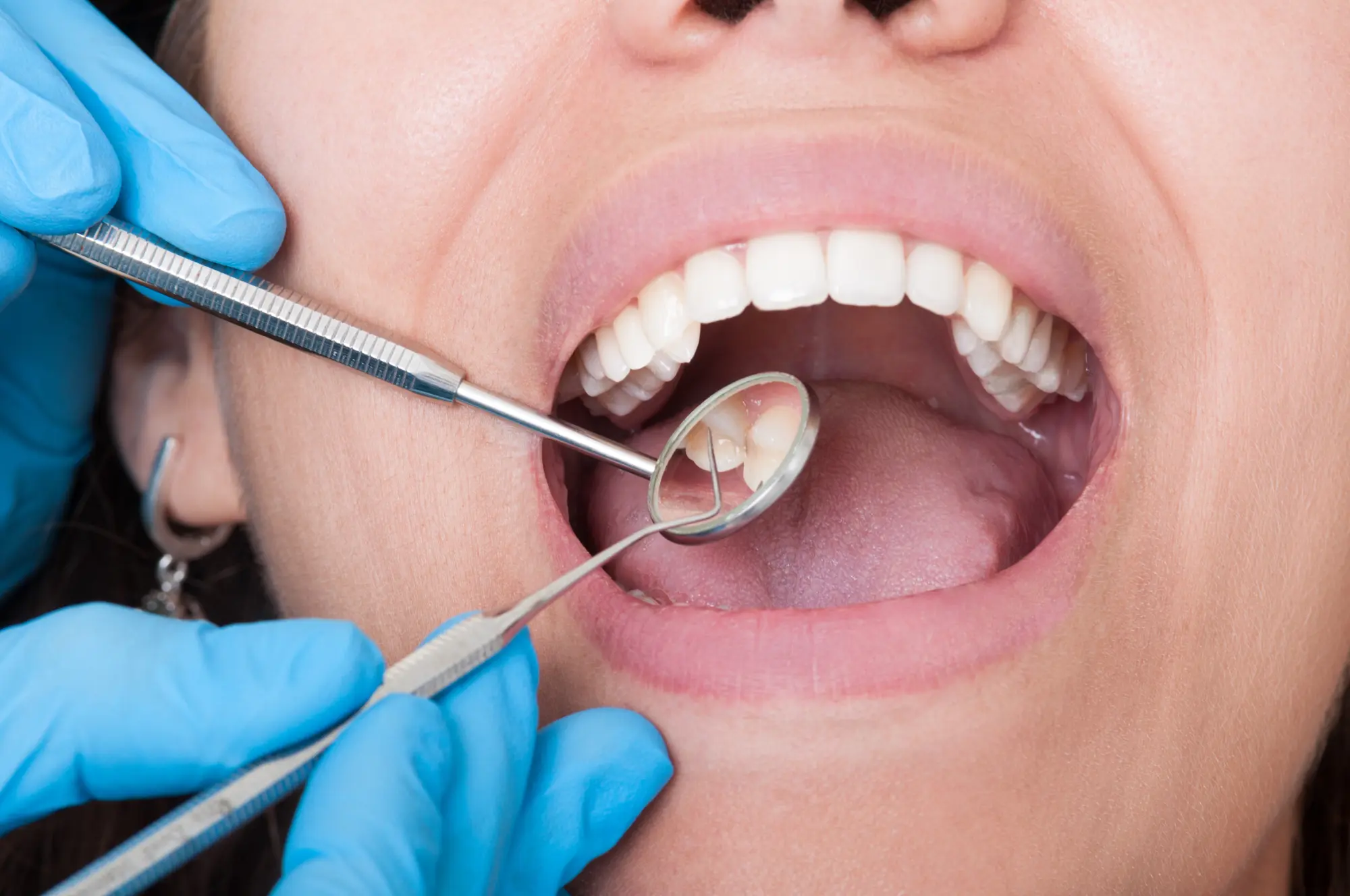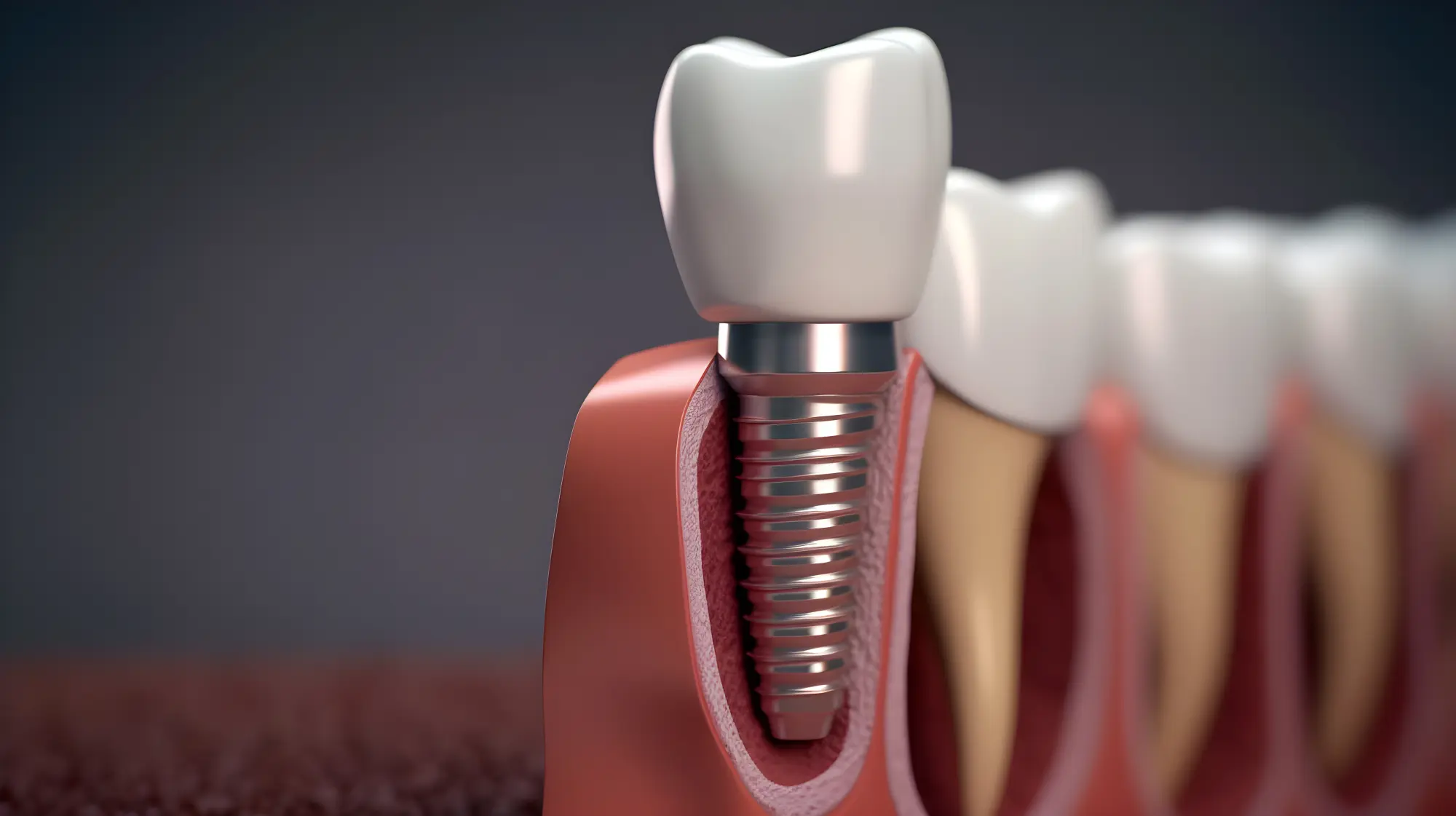
8 Factors that Can Lead to Dental Implant Failure
Dental implants provide an excellent tooth replacement solution for many patients. However, like any medical device, they do carry a risk of complications or failure. By understanding the most common causes behind unsuccessful dental implants in Bloomington, patients can take proactive steps to help ensure the long-term health and stability of their restorations.
1. Poor Oral Hygiene
After patients receive their dental implant restorations, maintaining diligent oral hygiene is imperative for preventing failure. Allowing plaque and tartar to accumulate around implant sites can lead to inflammation, gum recession, and even advanced periodontal disease. These issues open the door for bacteria to attack surrounding bone levels. If severe enough, this can undermine the critical structural support implants require. Preventative care like daily brushing and flossing is key, along with professional cleanings every 3-6 months.
2. Smoking and Tobacco Use
The chemicals found in tobacco can interfere with the body’s natural healing abilities after a dental implant procedure. Specifically, smoking constricts blood vessels, limiting blood flow to the oral tissues and their ability to heal properly. This increases chances for developing infections and delayed osseointegration, which stabilize the implant post over time. For smokers, quitting entirely offers the best odds for implant success.
3. Uncontrolled Chronic Health Conditions
Diseases like diabetes or autoimmune disorders can also impede healing following implant placement surgery. These long-term conditions often cause systemic inflammation or reduced resistance to infection. Both factors act against the body properly repairing and integrating dental implants into the surrounding bone structure. Before undergoing any oral surgery, managing any medical issues is wise to avoid complications.
4. Insufficient Bone Density
Successful osseointegration requires a strong, healthy jawbone with adequate density to stabilize implanted posts. Yet for patients with tooth loss from gum disease, injury, or prolonged use of some medications, bone levels often decline. This leaves insufficient bone volume and quality to properly integrate and support dental implants. In these instances, ridge augmentation through bone grafting may be necessary to rebuild bone volume before attempting implant placement.
5. Excessive Force on Implants
Once integrated and restored, dental implants must withstand normal biting forces from chewing and other oral functions. However, excessive external pressures placed on implants over extended periods can damage their attachment sites. Clenching/grinding habits, for example, apply abnormally strong forces over time against restorations. Similarly, choosing inappropriate restoration materials unable to withstand regular bite forces may also cause failures.
6. Complications During Initial Surgery
Problems during initial implant placement can undermine success as well. Surgical complications like nerve damage, abnormal positioning, inadequate primary stability, or infection early on often set implants up for later failure. That’s why working with a skilled, experienced implant dentist in Bloomington familiar with the intricacies of these procedures is vital for minimizing procedural risks.
7. Peri-Implantitis Infections
This growing oral disease poses one of the biggest emerging threats to long range implant success. Peri-implantitis is a serious inflammatory infection attacking soft and bone tissues surrounding implants. Typically caused by residual cement debris or uncontrolled periodontal disease, peri-implantitis infections can rapidly lead to irreversible bone loss if left untreated. That’s why early intervention is critical.
8. Implant Overload
Finally, placing implants under excessive load environments can overwhelm their capacity to maintain osseointegration. This frequently results from insufficient numbers of implants used to support larger multi-tooth restorations. It also ties back to improper patient-specific force analysis before restoration placement. When loads exceed implants’ physiological tolerance, bond failures occur.
Secure Your Smile with Cummings Dental
Your smile is an investment, and at Cummings Dental, we're committed to ensuring it pays off. If you're considering dental implants or have concerns about your existing ones, we're here to help. Our team of experts, led by Dr. Christopher Cummings, is equipped with the knowledge and experience to guide you through your dental implant journey. Don't let dental implant failure be a concern. Reach out to us at (317) 679-1136 or request an appointment online. Let us help you secure your smile for a lifetime.




















